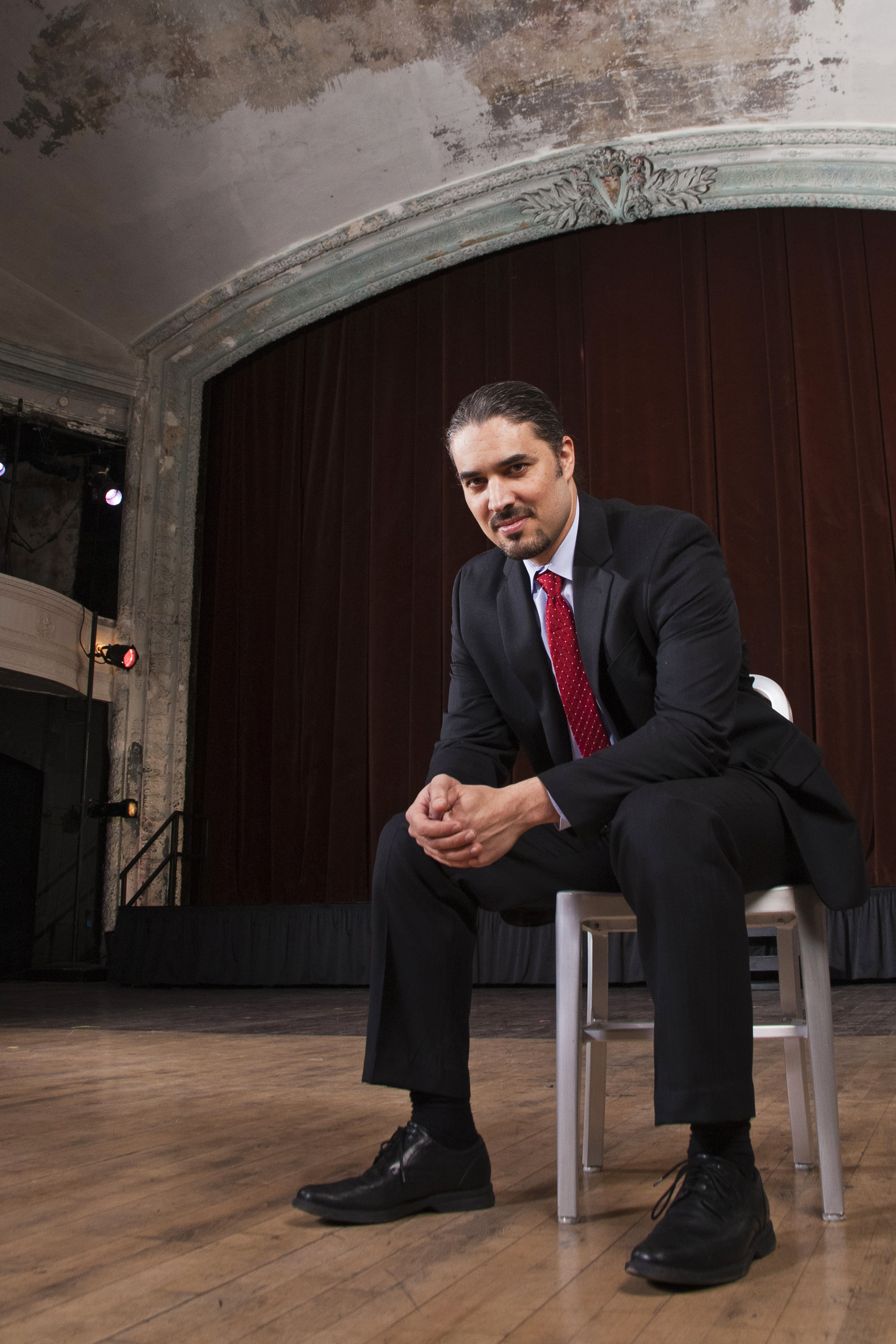On the themes of Red Ash Mosaic…
 There are some themes that recur in my work which have to do with how an immaterial or internal or spiritual (or whatever you want to say) life sits and interacts with our daily life in ways that maybe most of the time aren’t evident. And I’m really interested in exploring moments of stress or strain – moments in which those two worlds overlap more and interpenetrate each other. There are definitely themes here about fear and in general, there’s this longing for a simple explanation of our existence through the lens of death… like the Books of the Dead.
There are some themes that recur in my work which have to do with how an immaterial or internal or spiritual (or whatever you want to say) life sits and interacts with our daily life in ways that maybe most of the time aren’t evident. And I’m really interested in exploring moments of stress or strain – moments in which those two worlds overlap more and interpenetrate each other. There are definitely themes here about fear and in general, there’s this longing for a simple explanation of our existence through the lens of death… like the Books of the Dead.
For me, through looking at death, we begin to look at our lives in different ways. And in Red Ash Mosaic, I think I’m making a break from that sense… All religions seem to agree about a few things. One of them: that somehow death will create a kind of justice or light or resolution or “next step” – which for me could be a semi cop-out. The sense of, “Well, we don’t need to change ourselves now,” in some ways. There’s also this sense that there is something fundamentally wrong with us. Which I personally reject. I think there’s actually something fundamentally right about humanity that makes us different than animals – at least as we understand. I don’t really accept this notion that to live is to sleep and to die is to awaken. And for me, I think that is a very dangerous concept because it allows a sort of complacency. I don’t know what is in the afterlife, obviously, but it doesn’t seem wise to wait for the afterlife to begin to go towards the light (whatever that means). And I don’t buy the notion that we are somehow flawed. Our flaws are only evident because of the gift we have of recognizing something we could aspire to.
The other theme that’s really important, because it relates to the audience experience, has to do with attention and awareness. Many of my plays have a lot of layers where audiences have to choose. At some point, you have to choose a layer or choose not to choose. The sense of that conflict is important to me in the experience of my work, and I think for many people it makes my work sort of inaccessible – but that’s really because they’re coming in with pre-conceived notions of what theatre is supposed to be. They might try to come in with an open mind or even be highly knowledgeable about all these different theatre things, but it doesn’t really matter because… For example: if you’ve never read a poem before, and you’ve only ever read short stories, and you saw a poem for the first time, you’d ask, “What are all these line breaks? This is weird. And this is weird punctuation and I don’t really understand.” It’d be perplexing. And you’d be holding it to standards that I don’t hold my work to. In this case. There are certain things like narrative and character development and things like this that maybe are not as important to me as other things in my work, for this play.
On the Most Enjoyable Part of Red Ash Mosaic’S Creation Process
For me, the actors are doing extraordinary work. Just watching them… the depth of their work. It just comes to the actors, it has to do with being able to invest this amount of time with a group of people who are on a journey with you to discover sort of what the piece wants to be, and seeing them make discoveries and struggling on their own with themselves in the rehearsal room. And I would also say my company sings a lot together and plays a lot of games. Sometimes also the lighter moments like that are the fun or more enjoyable part.
